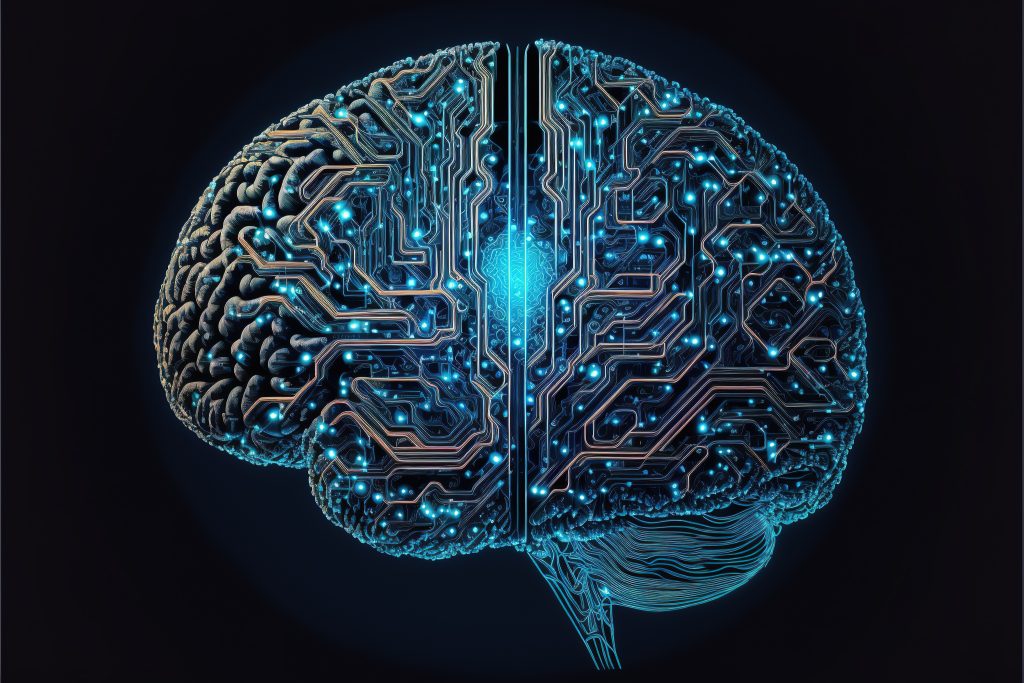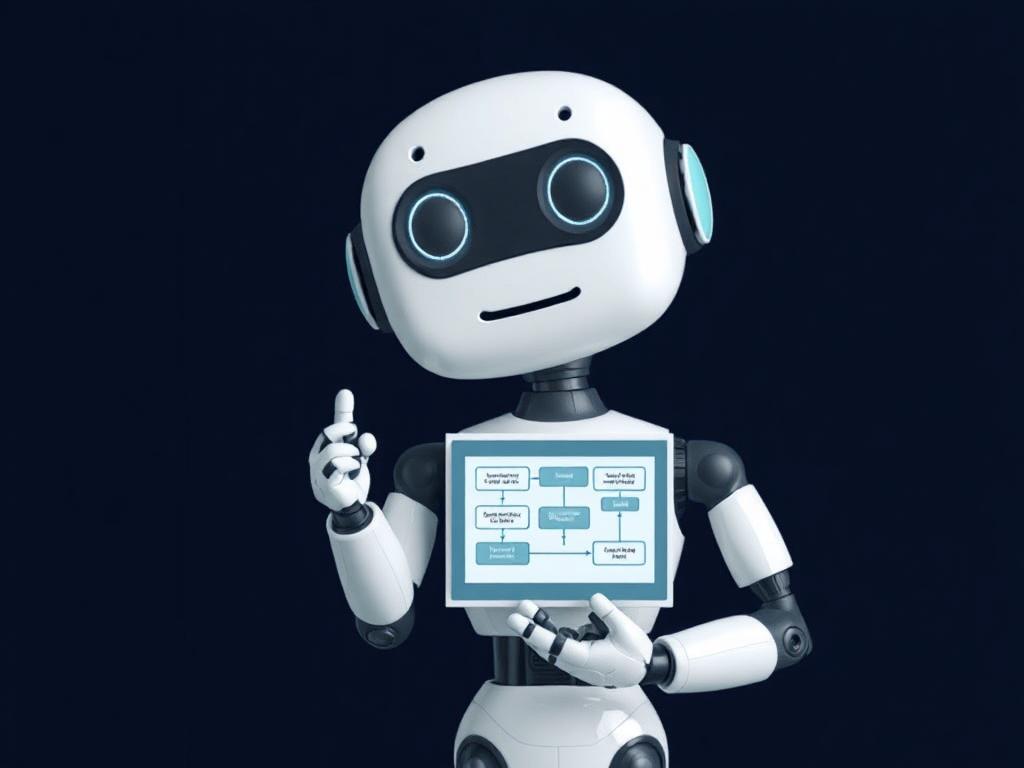
AI’s influence in hiring, healthcare, and other important decisions is undeniable. But who’s ensuring these systems are fair or even legal?
From biased hiring algorithms to AI misdiagnosing cancer, autonomous systems make life-altering choices with zero accountability. The global debate over AI regulation is no longer theoretical. It’s urgent. Here’s why in 2025, leaders must be forced to act:
1. The Accountability Crisis
- Healthcare: AI tools misdiagnose 30% of minority patients due to biased training data (MIT, 2024).
- Criminal Justice: Predictive policing algorithms disproportionately target marginalized communities.
- Hiring: Resume-scanning AI rejects candidates based on gender, accent, or ZIP code.
2. The Regulatory Wild West
Today’s frameworks are fragmented:
- EU AI Act: Bans “high-risk” AI in hiring and policing… but loopholes remain.
- U.S.: Sector-specific rules (e.g., healthcare HIPAA updates) lag behind tech advances.
- Global South: No resources to audit foreign AI systems dominating their markets.
3. A 3-Part Solution for 2025
✅ Global Standards: UN-backed principles for transparency, bias audits, and human oversight.
✅ Sector-Specific Rules:
- Healthcare: FDA-style approvals for diagnostic AI.
- Hiring: Mandatory bias testing for recruitment algorithms.
✅ Corporate Accountability: Fines for firms using unaudited AI (e.g., 5% of global revenue).
4. The Cost of Silence
- Trust Erosion: 70% of consumers distrust companies using opaque AI (Edelman).
- Legal Timebombs: Class-action lawsuits over AI-driven hiring discrimination.
5. Your Move, Leaders
The question isn’t if AI should be regulated—it’s who gets to write the rules. Will it be:
A) Governments
B) Tech giants
C) Independent coalitions

Leave a Reply